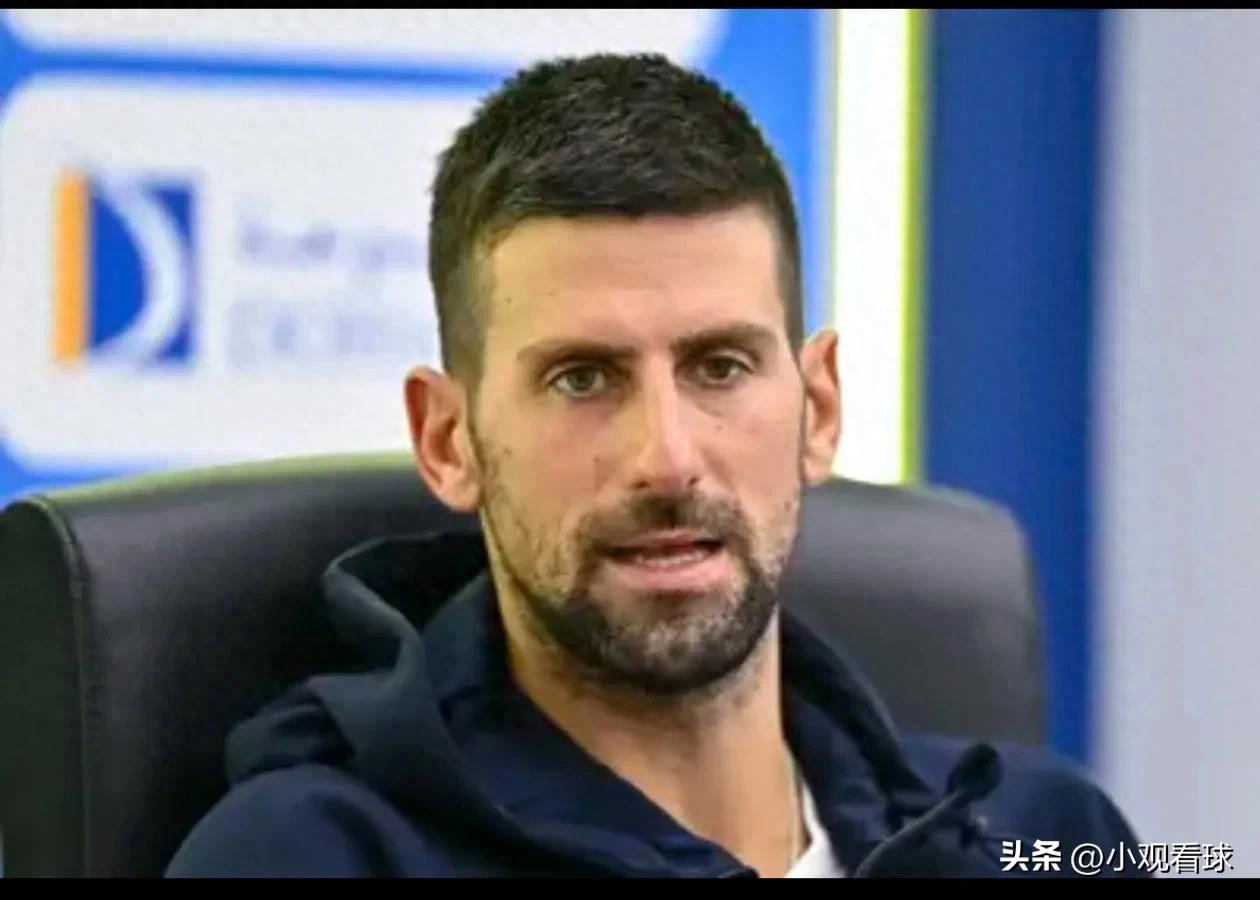Novak Djokovic is absent from the PTPA litigator list: the role game from public figure to peacemaker
In March 2025, the Professional Tennis Players Association (PTPA) launched a legal action against the ATP, WTA and the International Tennis Integrity Agency (ITIA). Surprisingly, Djokovic, a co-founder of PTPA, did not appear on the list of 12 plaintiffs. The absence of the 24-time Grand Slam champion reflects the delicate balance between defending the rights of players and safeguarding the unity of tennis, which may imply multiple considerations of legal strategy, public image and sporting responsibility.

1. Special positioning of public figures
As one of the most influential athletes in tennis history, Djokovic's public profile has gone beyond being a mere professional player. He is both a national symbol of Serbia and a spiritual icon for hundreds of millions of tennis fans around the world. This special status makes it subject to additional social responsibilities in disputed matters.
As he said before the Miami game:"I've always been committed to elevating the voice of the players, but I'm against the division of the tennis world. "
If he is directly involved in the lawsuit, it may be interpreted as exacerbating the confrontation and contrary to his long-standing philosophy of "focusing on the interests of players and the overall development of tennis".
History has shown that the open side of top athletes often has a double-edged sword effect. Federer's neutrality in the 2019 Players' Council reform eventually led to a reconciliation between the ATP and the players' representatives; Nadal, on the other hand, uses the International Tennis Federation's (ITF) youth development programme to protect his rights on clay while avoiding a spiral of controversy. Djokovic's absence can be seen as a strategic choice to continue this "balancer" role.
2. Tactical considerations of legal games
The PTPA lawsuit involves sensitive issues such as antitrust, bonus distribution and anti-doping mechanism reform, and the formulation of litigation strategies requires precise layout. Legal experts note that the exclusion of Djokovic from the list of plaintiffs may be due to the following considerations:
1. Avoid shifting the focus of the lawsuit: If Djokovic becomes the defendant, the case may shift from institutional reform to personal vendettas, weakening the legitimacy of the lawsuit;
2. Preserve room for negotiation: As the de facto PTPA spiritual leader, Djokovic's non-plaintiff status leaves room for future mediation;
3. Diversify legal risks: Tennis governing bodies may put pressure on plaintiffs through counterclaims and other means, and excluding Djokovic can reduce the risk at the core of the organization.
This tactical arrangement is not unique in the history of sports litigation.In the 2016 labor negotiations between the NBA players' union and the league, LeBron James was a key promoter, but he was never directly involved in the litigation process, which eventually led to a historic agreement between the two parties.
3. Rational expression of personal position
Djokovic made it clear in an interview: "There are parts of the lawsuit that I agree with and things that I don't agree with." This statement reveals his reservations about PTPA's aggressive strategy. Specifically:
Wording disputes:The wording of "financial exploitation" in the lawsuit documents could provoke a backlash from the governing body, and Djokovic believes that more cautious expressions are needed;
Divergent reform paths:Compared with the adversarial litigation of the PTPA, Djokovic prefers to solve the problem through negotiation and dialogue;
Athlete Responsibility Awareness:As a "GOAT" candidate, he is more concerned about the overall image and long-term development of tennis.
This rational stance contrasts sharply with his hardline stance against vaccine mandates in 2021, revealing a deeper understanding of social responsibility later in his career. As he wrote in his autobiography:"Champions are not only about winning games, but also about protecting the soul of the sport. "
Djokovic's absence is essentially a deliberate choice between ideals and reality for a top athlete.He wants to push for player rights reform, but he doesn't want to see the tennis world fall into a long-term division. This contradiction reflects the complex role of star athletes in contemporary professional sports: they are both beneficiaries of the system and agents of change; It is necessary not only to safeguard individual rights and interests, but also to bear the historical responsibility for the development of the movement. In the future, as the litigation progresses, Djokovic may re-intervene as a "mediator", and this wisdom of dynamic balance may be the key to a new era of tennis.
[Come and see me] [Zuoyi] [Rose]







 Links
Links
 Contact
Contact
 App
App


